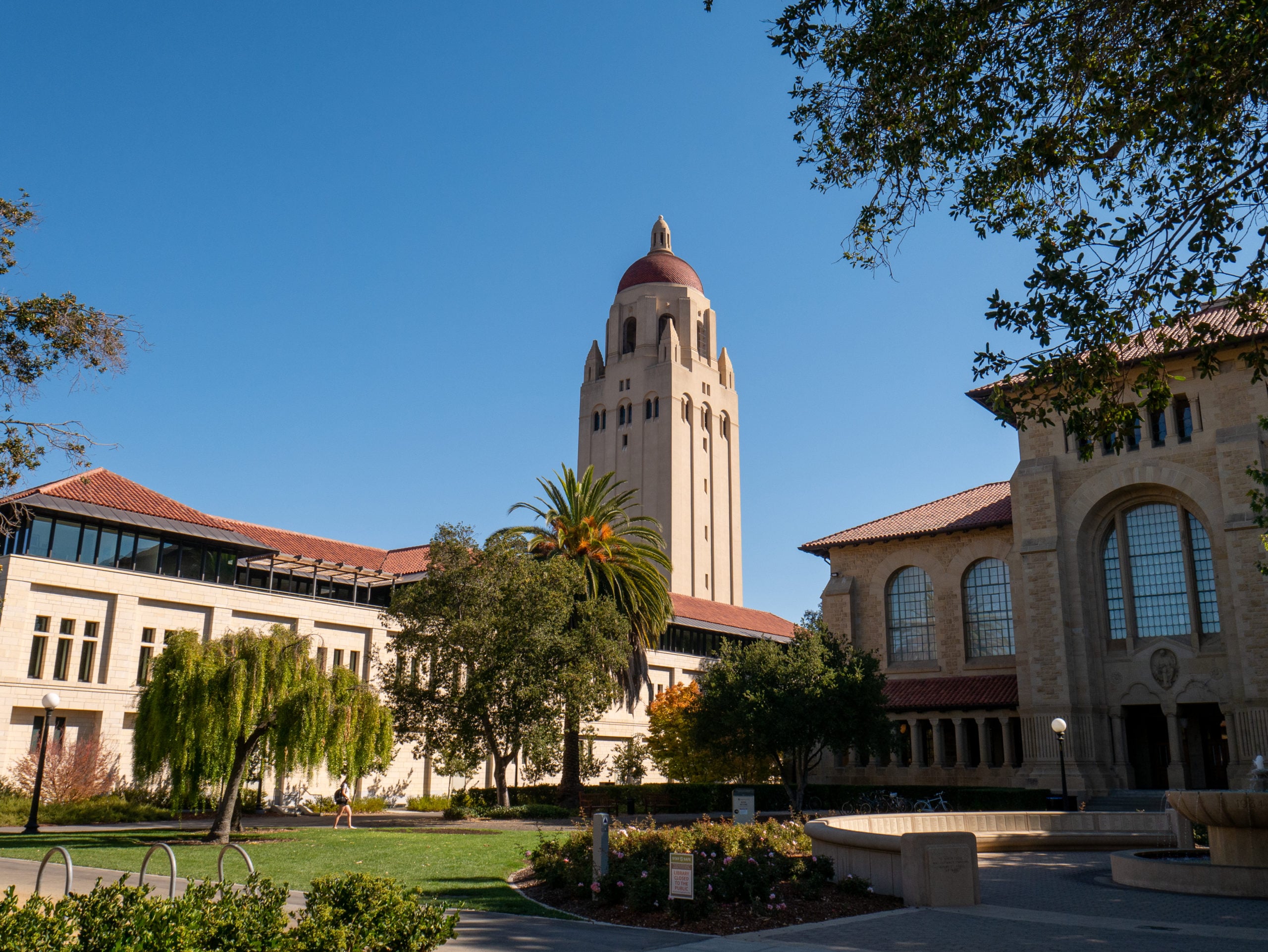Next Tuesday will mark the University’s inaugural Democracy Day. No classes will be scheduled on this day, and Stanford organizations, including the Center for Deliberative Democracy, the Haas Center for Public Service, the Stanford Prevention Research Center and Stanford in Government (SIG), will sponsor events scheduled from 10:00 a.m. to 9:30 p.m.
Following a year’s worth of student advocacy, the Faculty Senate voted on Jun. 10 to implement an Annual Day of Civic Service — an academic holiday meant to provide students, faculty and staff the opportunity to participate in civic activities.
This year’s Democracy Day will include a small group deliberative democracy event in Wilbur Field, a virtual discussion with Sen. Jeff Merkley (D-Ore.), a faculty panel discussing civic engagement moderated by former U.S. ambassador to Russia Michael McFaul and a showing of the 2020 documentary “Boys State” at Meyer Green.
The establishment of Democracy Day demonstrates the power of student advocacy, StanfordVotes Co-Director Cameron Lange ’24 said. She anticipates that an academic holiday on Election Day will increase student voter turnout in years to come.
“Democracy Day demonstrates Stanford’s commitment to fostering that sort of engagement,” Lange said. “Designating a day to put some of the chaos of daily life at Stanford on pause and to facilitate reflection on what it means to be a citizen should prove incredibly valuable.”
SIG member Ben Limric ’24 echoed these sentiments, saying he hopes Democracy Day will transform the idea of voting from a chore to both a privilege and obligation. As part of the Associated Students of Stanford University committee planning Democracy Day, Limric said the holiday will give students the opportunity to engage in various panels and activities that will illuminate the significance of civic engagement and the importance of voting.
“Young voters historically don’t turn out for elections,” Limric said. “My hope is that at Stanford, Democracy Day will be a model for students to understand the importance of voting and then to actually vote. You don’t have an excuse anymore not to vote.”
In a similar vein, Stanford Computational Policy Lab and Big Local News director Cheryl Phillips said the establishment of Democracy Day highlighted “the importance of our rights as citizens to engage in electing our community leaders.” According to Phillips, the University-sanctioned holiday will provide a great opportunity for discourse about civics and democracy. She said that hopDemocracy Day will increase awareness about the importance of expanding voter accessibility — as well as take a national stage.
“For far too long and in far too many places, it has been a challenge to vote, especially for those in minority populations,” Phillips said. “I do believe the United States as a whole should adopt the holiday. Doing so would increase access and allow all segments of our population to exercise their rights as citizens.”
Lange supports Phillips’ wishes for expanding Democracy Day. A national election day would signal to United States citizens that the nation values civic engagement and inclusivity, according to Lange. She emphasized that many international democracies institute a holiday for their election day, adding that the fact many United States elections take place during work days hinders access for equitable civic engagement.
“It is unfair to expect anyone to choose between exercising their civic duty and working to earn a living; but unfortunately, that’s the decision with which many Americans are faced,” Lange said.
Limric said he believes a national election day will be slow in the making due to certain companies and institutions that will refuse to actively encourage voting. However, if Stanford students make the most of the day, Democracy Day can serve as a popular model for others around the country.
“I encourage everyone to take advantage of this day,” Limric said. “This is a day for students not only to vote, but also to engage with their professors about issues they care about at our dinner and dialogue event.”
Department of Communication professor and director James Hamilton said he looks forward to having dinner and discussion with his undergraduate students from his class COMM 125: Perspectives in American Journalism. Ultimately, Hamilton said he hopes for and encourages a high student turnout to school-wide Democracy Day events.
“Democracy Day, like democracy itself, depends on the willingness of people to set aside their roles as consumers, workers and entertainment audience members, and think about their lives as voters,” Hamilton said.
